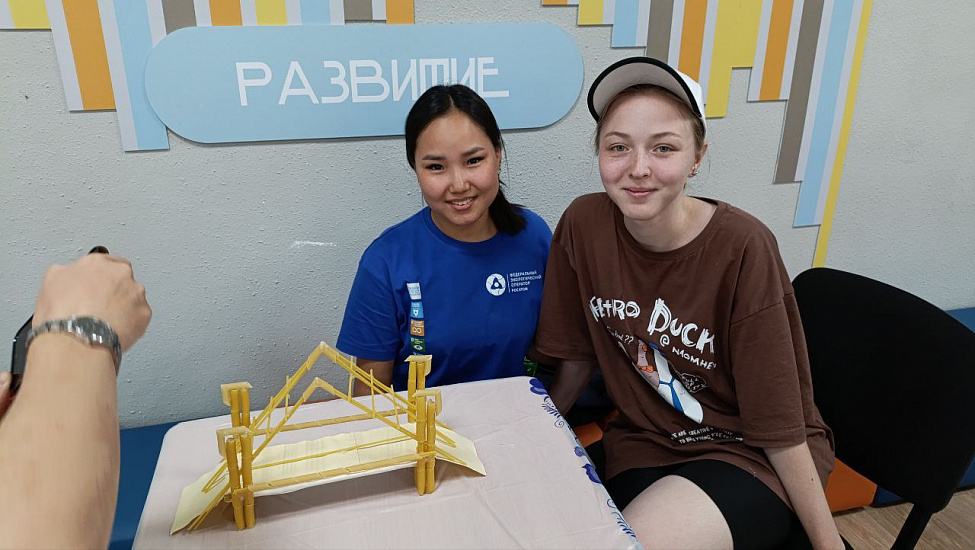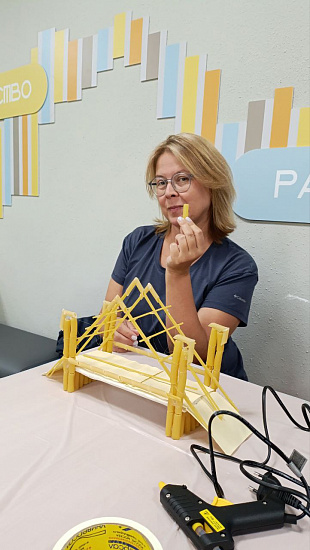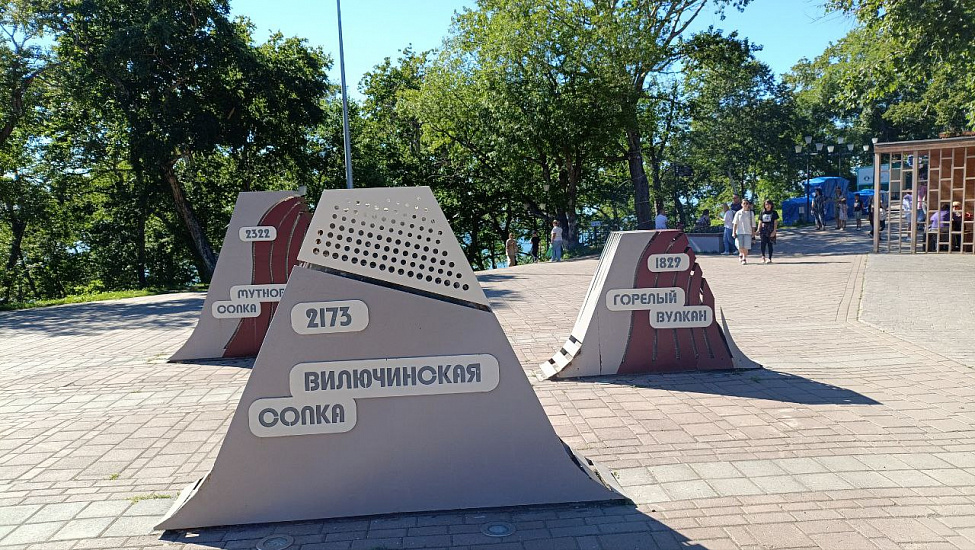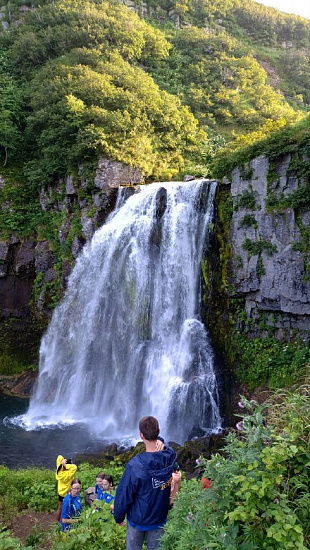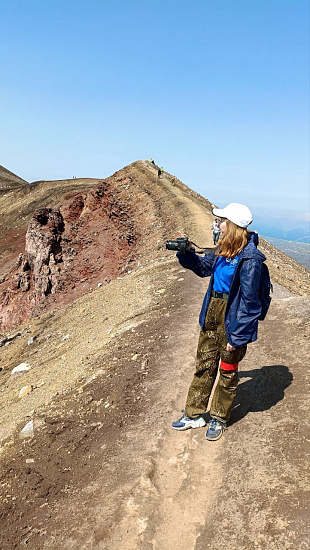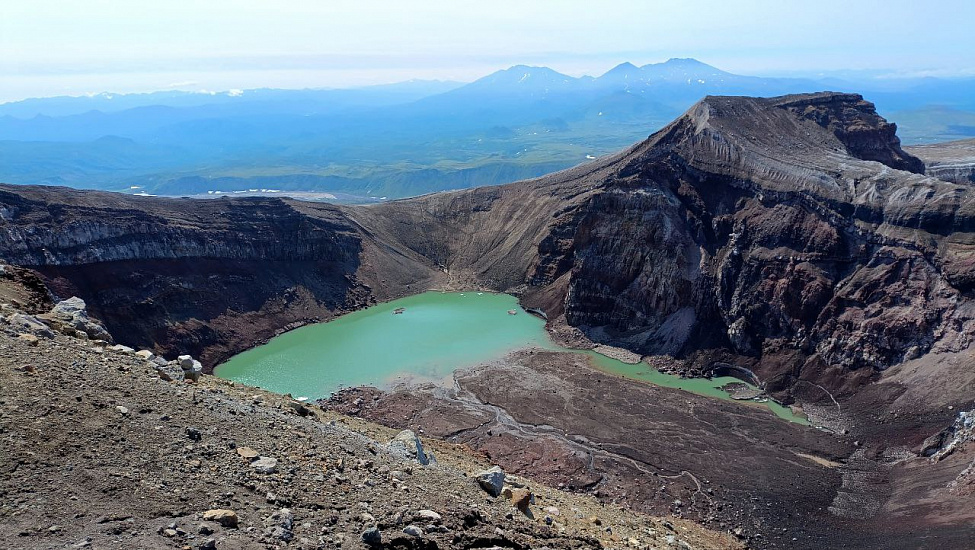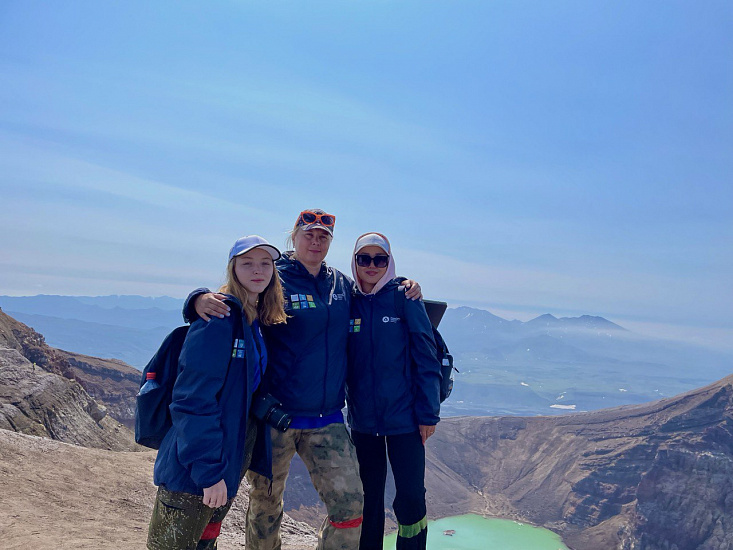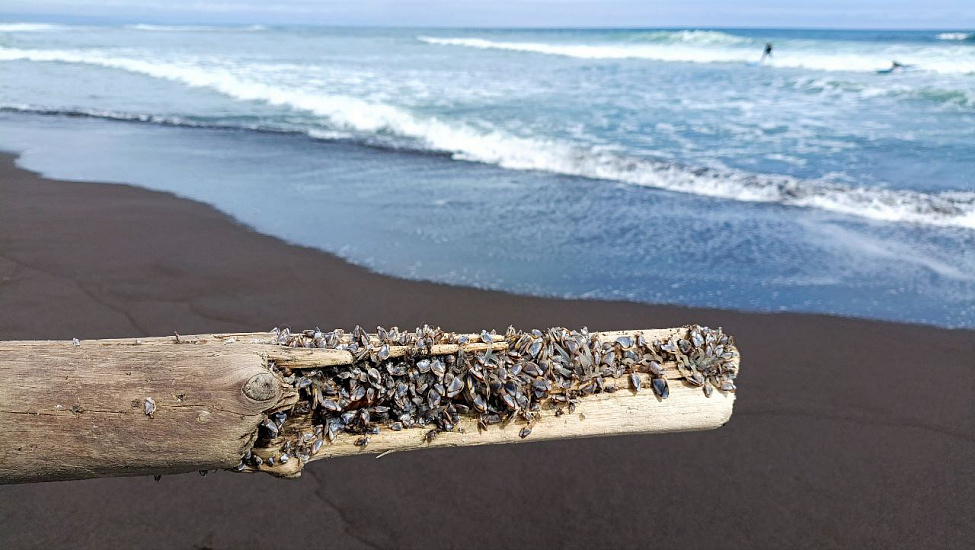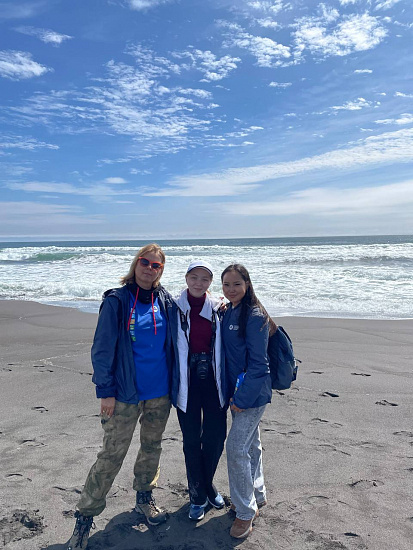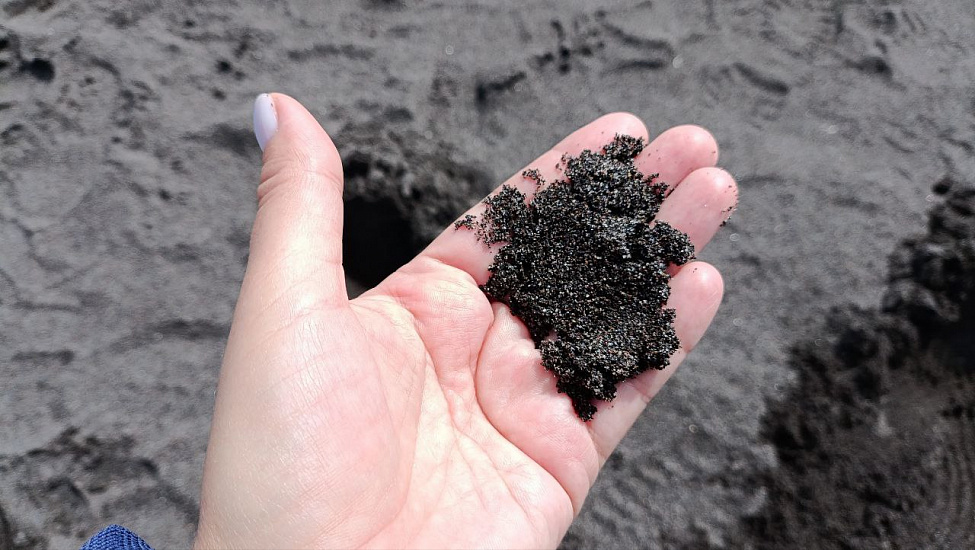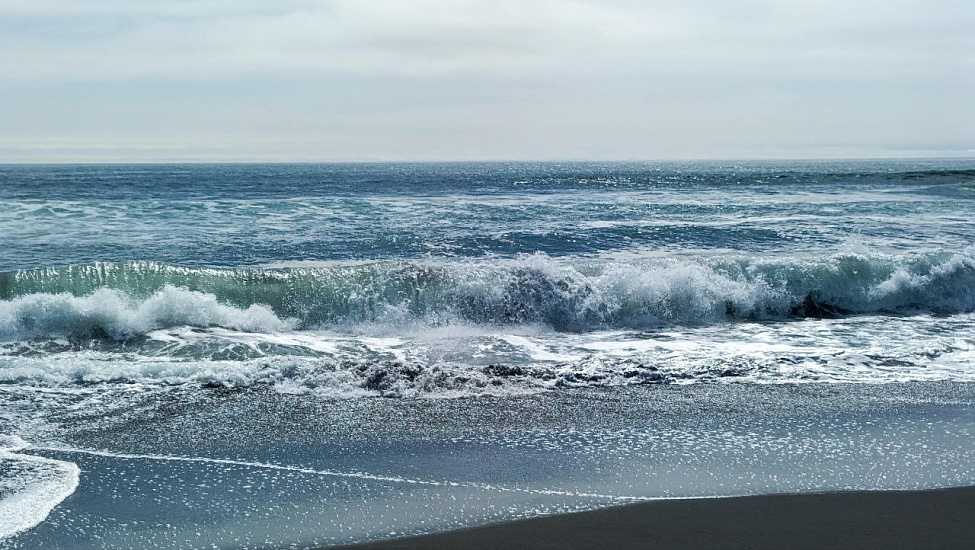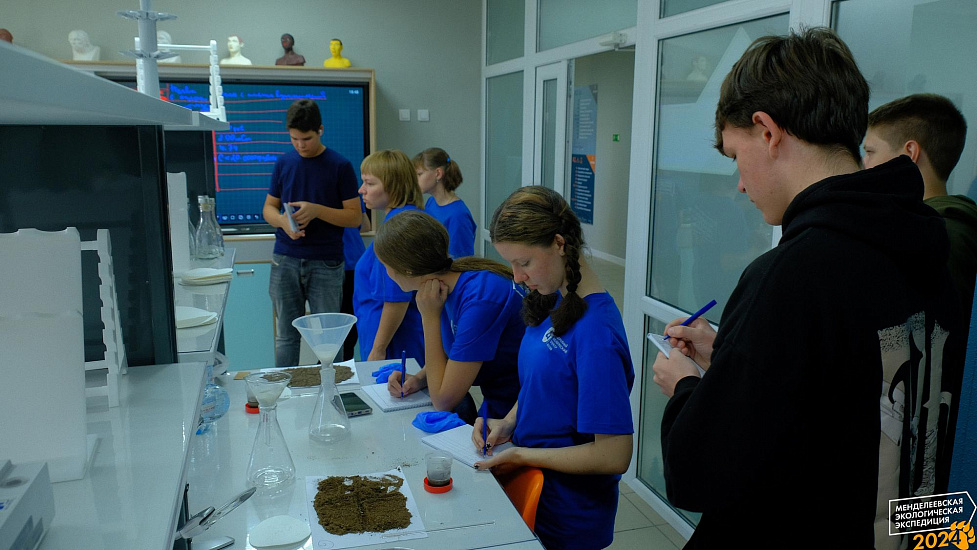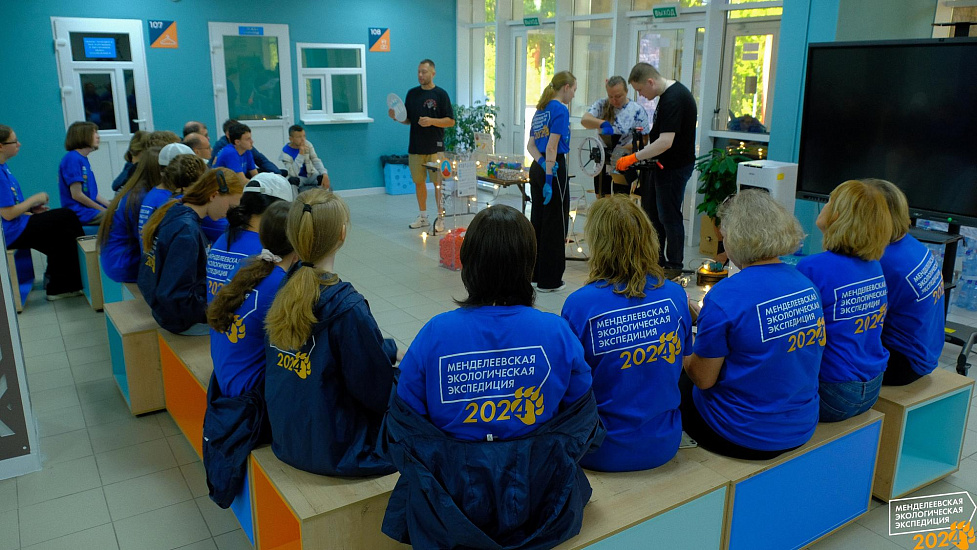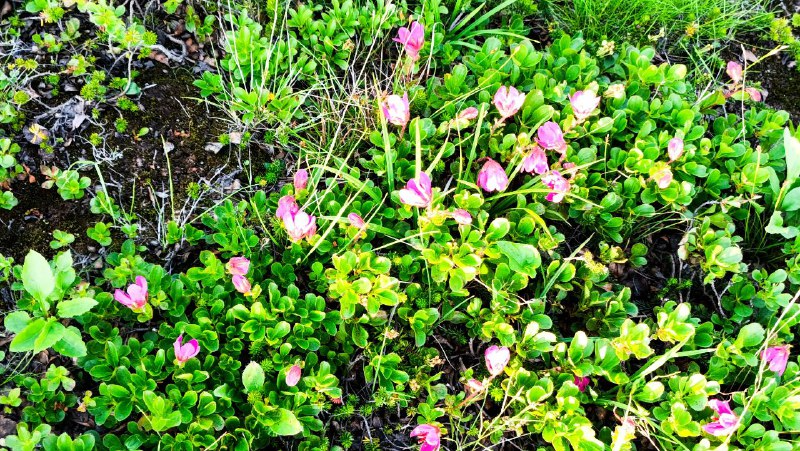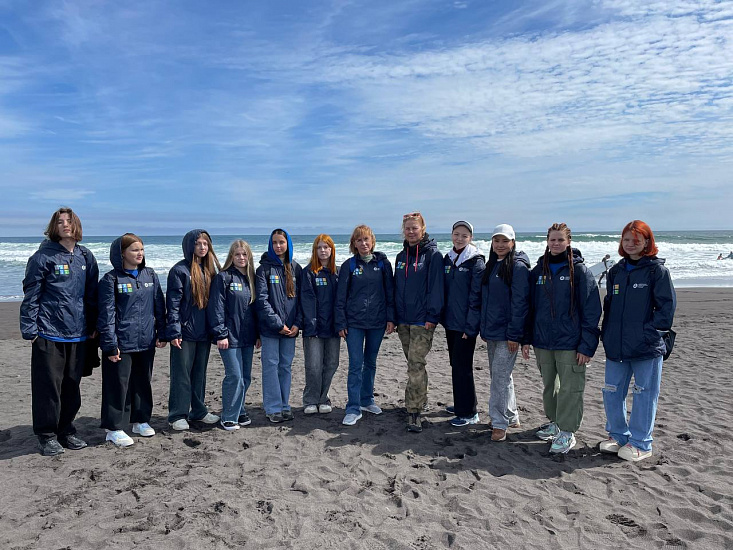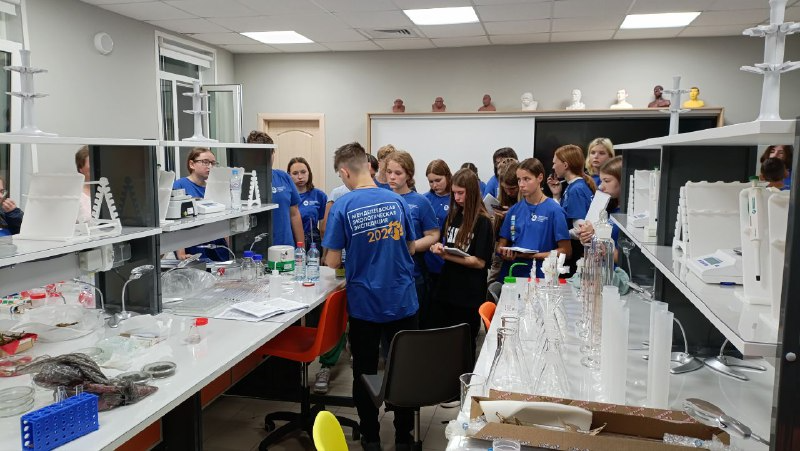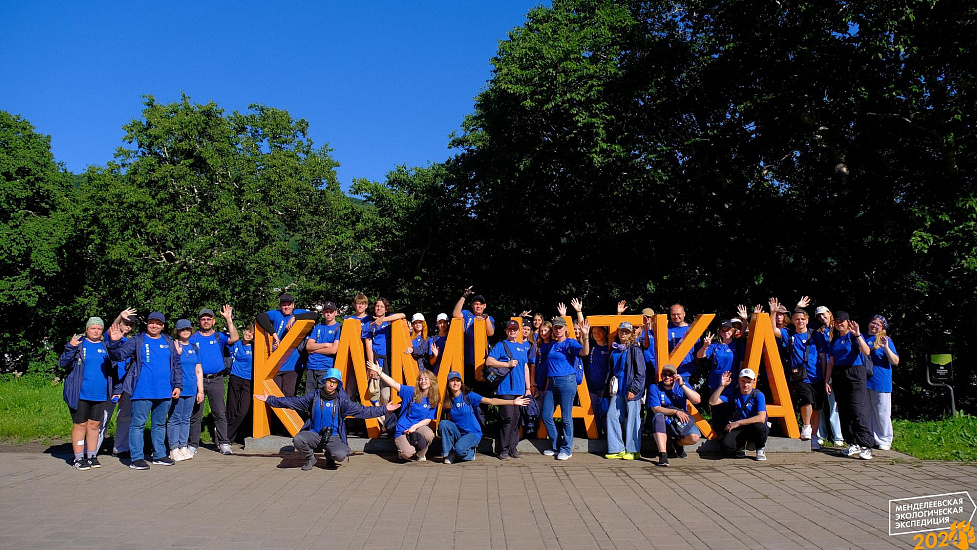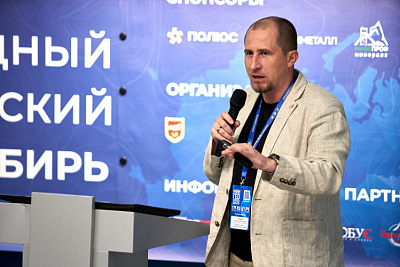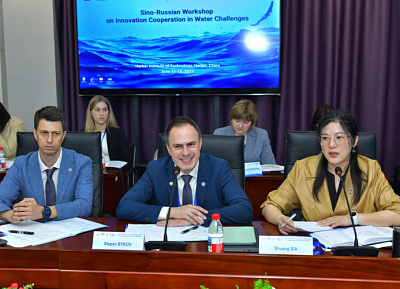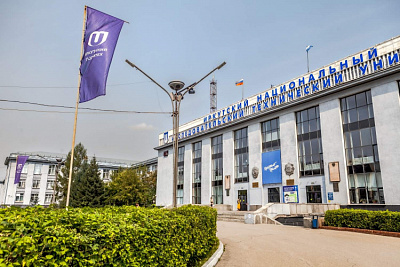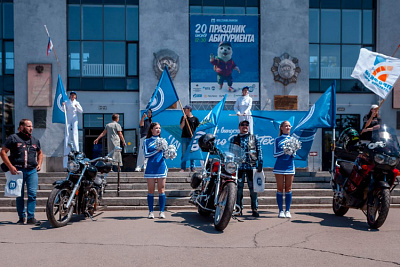INRTU Students Evaluated the Environmental Situation in Kamchatka during the Mendeleev Expedition
INRTU students participated in the Mendeleev Expedition in Kamchatka. They studied the unique ecosystems of the region, conducted chemical analyses of water, geological sites, and coastal areas.
The Mendeleev Expedition took place fr om August 12 to 18 as part of the All-Russian Ecological Forum "Ecosystem. Western Land." The project was organized by the State Corporation "Rosatom" with the support of the nonprofit organization "Energy of Development," the network of Information Centers for Nuclear Energy, and the Federal State Unitary Enterprise "FEO."
More than 80 school students, university students, and teachers joined the event as part of the educational project "Mendeleev Classes." Participants came from 12 regions of Russia.
The delegation from the Irkutsk Region included a student, future labor protection specialist Darya Rogachyova, graduate Anastasia Khamerueva, and students from Lyceum No. 1 in Usolye-Sibirskoye. They were accompanied by associate professor of the Department of Industrial Ecology and Life Safety of INRTU Marina Maksimova and chemistry teacher Svetlana Bratash from the Usolye Lyceum.
The official opening of the expedition took place on August 12. On the same day, participants traveled to Lake Mikizha, wh ere they took samples of coastal soil, water, and bottom sediments. In the evening, the young researchers assessed chemical indicators using various express methods.
Another key location of the ecological project was the Khalaktyrsky Beach, more than 50 kilometers long, known for its black sand due to its volcanic origin. This sand is a valuable raw material for producing titanium alloy.
During the expedition, the young scientists visited the active Gorely volcano, which is part of the South Kamchatka Natural Park, and studied the ecosystem of the volcanic zone.
They also attended workshops on plastic recycling, a guided tour of Petropavlovsk-Kamchatsky, a meeting with representatives of the Federal Environmental Operator, and participated in the intellectual game "Adrenaline." The program included project work, lectures, practical sessions, and trainings in ecology.
According to associate professor Marina Maksimova, the trip is a reward for school students and their mentors who won prizes in the "Mendeleev Classes" project. In the Irkutsk Region, such a class is opened at Lyceum No. 1 in Usolye-Sibirskoye. Students fr om INRTU are mentors for school projects, supervised by the university's teachers.
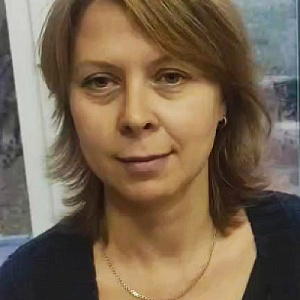
"This year, the lyceum students led by our department's associate professor Olga Vasilyevna Tyukalova were the leaders. However, I was offered to supervise the INRTU students in Kamchatka, as I had previously mentored the Mendeleev students who won prizes.
The organizers of the trip prepared a diverse program – every day, we had a new adventure. We visited the coast of the Pacific Ocean, took samples of ocean water and sand, and learned about the history of Petropavlovsk-Kamchatsky. We also managed to visit an impressive waterfall in the volcanic valley and play the game 'What? Wh ere? When?' hosted by champion Sergey Abramov," commented Marina Maksimova.
The associate professor added that school students were more involved in the scientific activities of the expedition, while university students and teachers acted as assistants.
"Kamchatka is a unique region of our country, different fr om Siberian latitudes. For example, there are very few birds and insects here. In four hours on the ocean, we saw only one seagull."
Darya Rogachyova, whose teams took first and third places in the "Mendeleev Classes," shared her impressions of the trip:
"The expedition to Kamchatka is a great opportunity to visit a new region and exchange experiences with colleagues from other universities. It is especially interesting to conduct joint experiments with school students and study the properties of Kamchatka's soil and water."
Reference
The educational project "Mendeleev Classes" is implemented by the State Corporation "Rosatom" together with the Mendeleev University of Chemical Technology in regions wh ere modern infrastructure for handling waste of classes I and II is being created as part of the national project "Ecology." The goal is to introduce advanced educational programs for the development of science and human resources in the field of ecology through network interaction with universities and enterprises, a system of pre-professional training, and early career guidance for school students.
